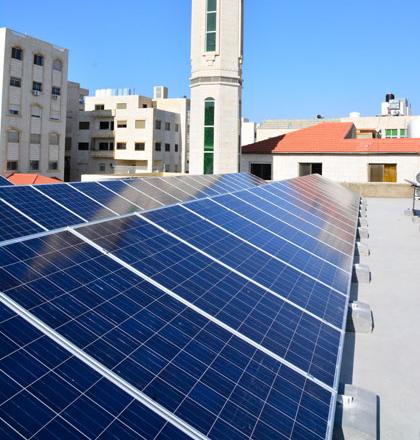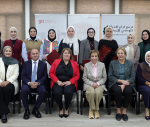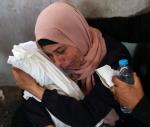You are here
Experts call for holistic energy strategy for region
By Laila Azzeh - May 21,2017 - Last updated at May 21,2017
DEAD SEA – Energy experts on Sunday called for a holistic energy strategy for the region, noting that poor planning is a challenge to the sustainability of energy solutions.
Speaking during a session held on the sidelines of the World Economic Forum (WEF), they said that, despite being one of the largest supplier of energy, the region requires secure, effective and more affordable energy systems to ensure a sustainable future.
Transformations taking place in the “global energy architecture” and recent energy reforms require a long-term energy vision that is more resilient to changes, the panelists highlighted.
“It is true that energy systems in the region vary from country to country, but there is an overall need to mix energies between the traditional and renewable. The integration of both of them is what ensures their sustainability,” said Willibald Mexiner, CEO of Siemens’ power and gas division.
For Majid Jafar, CEO of Crescent Petroleum in the UAE and co-chair of the WEF in the Middle East and North Africa region, there are three main challenges facing the region today in terms of energy.
“The first is that we are underperforming in terms of our potential. We have half the world’s oil and gas, but we are only third in oil production and only sixth in gas production. We are also losing out on new and emerging technologies from the US and elsewhere due to our consumption patterns and subsidies,” he noted.
Jafar added that region “uses too much” when it comes to traditional energy sources.
“The main form of clean energy is to use less,” he said, noting that consumption habits cannot be changed without revising subsidies and the pricing of energy.
The third energy challenge facing the region, according to Jafar, is “learning from the mistakes of others”.
“This idea that we are in a new energy world [is false]. The reality is that 80 per cent or more of energy still comes from fossil fuels and only 2 per cent comes from renewables, despite the tens of billions that have been invested,” he noted.
Iraqi Minister of Oil Jabbar Al Luaibi agreed, adding that some consider renewable energy as a substitute for traditional sources, which he argued is false.
“Poor planning is the problem. Traditional energy resources will remain for decades and decades to come, but will continue to suffer if no effective planning is in place,” he highlighted, noting that 90 per cent of Iraq’s energy resources are in the form of oil and gas.
“I believe that renewable and traditional energies should be developed simultaneously in the region,” the Iraqi official said during the session, moderated by news anchor, Afin Yurdakul.
Stressing the significant role that public-private partnerships can play in addressing countries’ energy challenges, Sarah Mousa from the World Bank underlined the need for countries in the region to adopt schemes that allow the “grassroots” to introduce their own energy solutions.
Related Articles
AMMAN — Business and government leaders at the World Economic Forum (WEF) on the Middle East and North Africa (MENA) on Saturday called on c
AMMAN — Energy-poor Jordan cannot rely solely on renewable resources to resolve its energy crisis and stem its rising power bill, which cons
AMMAN — His Majesty King Abdullah on Sunday stressed the importance of establishing pan-Arab partnerships in energy projects in a way that a



















